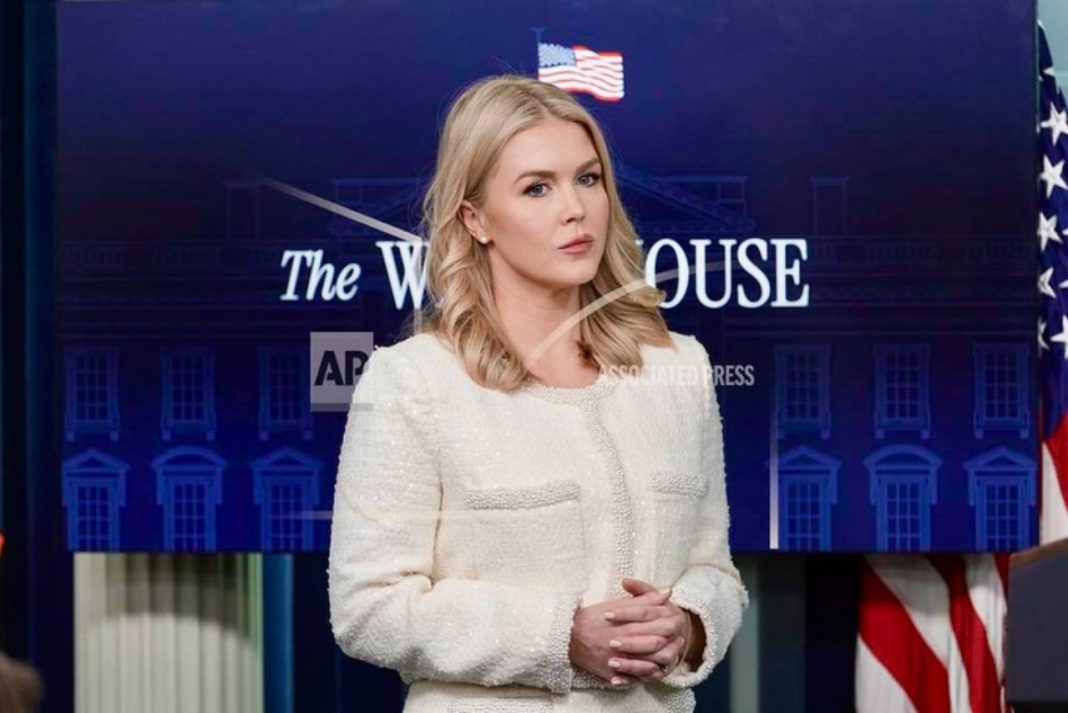The White House again raised concerns regarding excessive tariffs levied by many nations on American goods including India. Press Secretary Karoline Leavitt, while briefing, pointed out that India’s tariffs on US alcohol and farm products are the major point to concern. She pointed out that India charges a 150% duty on American Alcohol and a 100% duty on Agricultural products highlighting how these percentages hinder American companies such as Kentucky bourbon makers from entering the Indian market.
Leavitt also underscored that US President Donald Trump is a believer in reciprocity in trade and is advocating for balanced and equitable trade agreements that benefit American businesses and workers. Leavitt reported that Trump has actually long criticized Canada for charging excessive tariffs, including almost 300% on American cheese and butter. She further stated Japan’s outrageous 700% tariff for rice.
These tariff issues come as part of ongoing debates regarding trade with nations such as Mexico, Canada and China. Trump has indicated that his administration’s aim is to make sure America is no longer exploited in global trade, with an emphasis on fixing what he sees as unfair trade practices. As a response to India’s high tariffs, Trump stated that the nation has agreed to lower them, most likely as a result of heightened scrutiny of their trade practices.



